
The Coroner's Court heard an Offaly teenager died when a car suddenly crossed a continuous white line and collided with him.
A verdict of unlawful killing was returned this afternoon at an inquest into the death of a young Offaly man who died in a road crash in 2015.
The Coroner's Court in Tullamore heard that John Gorman (19), Walsh Island, died from massive head and chest injuries when a car driven by Dariusz Alchimionek (48), Barrow Way, Spa Street, Portarlington, suddenly crossed a continuous white line and collided with him.
Mr Gorman had just passed through the village of Geashill and was driving towards Cloneygowan and Mr Alchimionek was coming from Portarlington in the opposite direction.
A garda forensic collision investigator told the verdict there was no legal reason for Mr Alchimionek to cross to the incorrect side of the road on that day, December 29, 2015.
The inquest also heard Mr Alchimionek told a paramedic who responded to the emergency that he had been trying to kill himself in the collision.
Offaly county coroner Raymond Mahon told the jury that a verdict of accidental killing or accidental death were options, along with an open verdict.
Mr Mahon said verdicts of accidental death or death by misadventure would not be appropriate.
The three women and three men on the jury were also told that to return a verdict of unlawful killing they must be satisfied beyond a reasonable that the collision was caused by a deliberate action.
The inquest heard this afternoon that Mr Alchimionek was currently being treated in the Central Mental Hospital and had remained there since the Court of Appeal had overturned a manslaughter verdict following his trial at Tullamore Circuit Court.
Inspector Barry Collins said the agreed evidence at the trial was that Mr Alchimionek did have a mental condition.
The Court of Appeal ruled that the correct verdict should have been not guilty by reason of insanity, as Circuit Court Judge Keenan Johnson had originally advised the trial jury in 2017 after hearing evidence from two psychiatrists.
At the inquest today, Det Inspector Jerry Glavin said that when Mr Alchimionek was interviewed in hospital on the date of the collision the driver said he believed somebody was trying to kill him.
In further interviews Mr Alchimionek said he had felt anxiety for the previous half a year and was “going crazy” for a few weeks before the crash.
He had been having “racist thoughts” and thought that his wife was acting strangely.
On the day of the collision an appointment was made for him to see a doctor in Portarlington.
He told his family he would go to the bottle bank first and then he decided to go for a drive.
He told gardai he thought a car behind him was trying to overtake him and when he sped up it sped up too.
He gave different accounts in interviews of what exactly had happened on the day and on one occasion when he was asked if he felt remorse he replied, “I don't know, maybe” and on another he said, “Yes I do, I have remorse.”
When she was interviewed by the gardai, Katarzyna Alchimionek, the driver's wife, said her husband had been watching movies about Isis and before Christmas he told her he “wanted to save the world”.
Ms Alchimionek said he also told her somebody was going to take the family out of their house and they would have to return to their native Poland to fight Isis.
He was not sleeping properly at night and she remembered when he had harmed himself 15 years before after being beaten by his father in Poland.
A carpenter by trade, he said two years he had spent in the army in Poland had changed him.
On the day of the collision he left his phone at home and said he was going to the recycling area and when he did not return home Ms Alchimionek telephoned the doctor and was told he had not gone for his appointment.
This morning a paramedic who responded to the emergency, Mateusz Musialski, said he spoke to a man beside one of the crashed cars and then had a conversation with him in Polish when he realised he spoke that language.
Mr Musialski said the man gave his name as Dariusz Alchimionek and heard him say twice “I tried to kill myself” but when a doctor asked him about that in the hospital he said “No”.
Sile Geraghty, a nurse who spoke to Mr Alchimionek in Tullamore Hospital, where he was treated for a fractured arm, said the man said to her “My brain is sick” and that he had tried to kill himself.
Ms Geraghty said she requested urgent psychiatric care for him.
Dr Miriam Walsh, pathologist, who carried out a post mortem on Mr Gorman, gave evidence that the victim's death was caused by cranial and abdominal trauma secondary to a road traffic collision.
Dr Walsh said there were multiple severe injuries to the head and chest. “Death would have been pretty instantaneous at the time and completely unsurvivable,” she said.
Dr Walsh said blood and urine tests showed no evidence of alcohol or drugs being present in Mr Gorman's system.
Mr Gorman had brought his younger brother, Adam (16) to an appointment with an orthodontist in Tullamore that day and picked up meals in a McDonald's restaurant to bring home to his mother.
Adam Gorman told the inquest he could not remember anything after seeing traffic lights in Geashill village until he woke up in hospital. He suffered a fractured vertebra and other injuries.
He said his brother was a careful driver who had both hands on the wheel of the Opel Corsa they were in and he would never drive unless everyone had their seat belts on.
The collision was witnessed by the driver of another vehicle, Karl Molloy, whose own car was struck by Mr Alchimionek's when it spun on the road after hitting Mr Gorman's.
Mr Molloy said he was behind a Volvo earlier and it appeared to be driving normally but then took a sudden jerk to the right giving the oncoming car no chance to take evasive action.
He had two children in the car with him and they were okay and he stayed with them once he was able to get out of his vehicle.
Maria O'Brien, who came on the scene of the collision, said she got a “stale smell of alcohol” from Mr Alchimionek when she spoke to him at the roadside.
Garda Thomas Brennan, forensic collision investigator, said there was no reasonable or legal excuse for the Volvo to cross the continuous white line to the incorrect lane.
One of the rear tyres on the Volvo was so under inflated as to be “almost flat” but that did not categorically explain the collision.

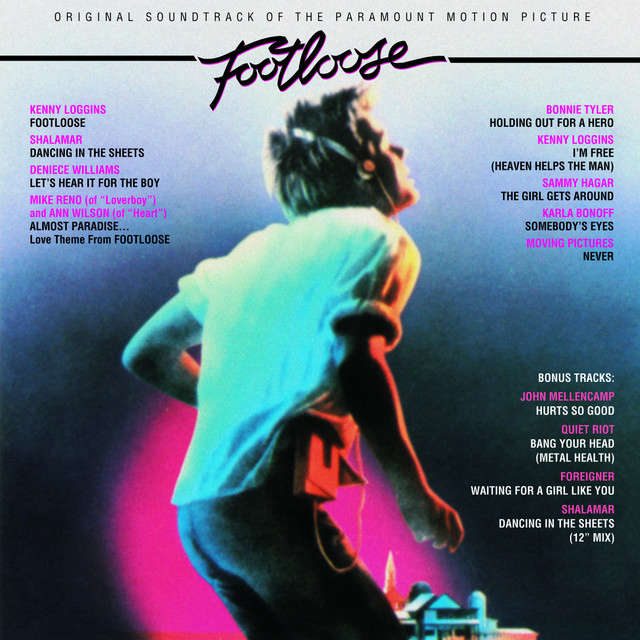
 Local Authority Looking At Double Bypass For Laois Town
Local Authority Looking At Double Bypass For Laois Town
 HSS Hire Owner Underlines Future Security Following Multi-Million Euro Sale
HSS Hire Owner Underlines Future Security Following Multi-Million Euro Sale
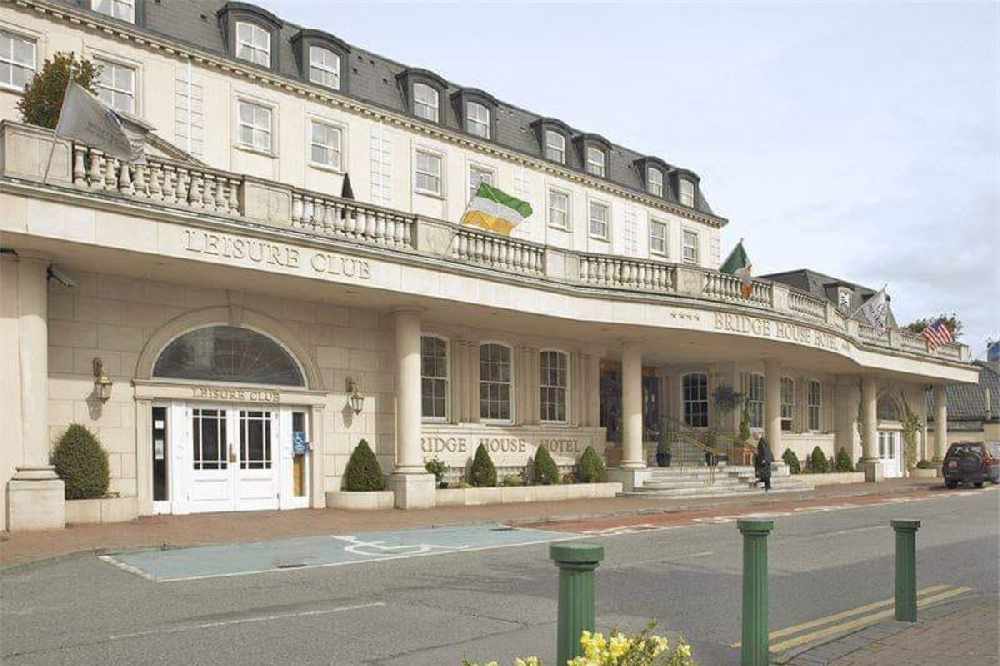 Offaly's Finest Will Be Celebrated This Weekend
Offaly's Finest Will Be Celebrated This Weekend
 Athlone Castle Gets €1.8m In Funding
Athlone Castle Gets €1.8m In Funding
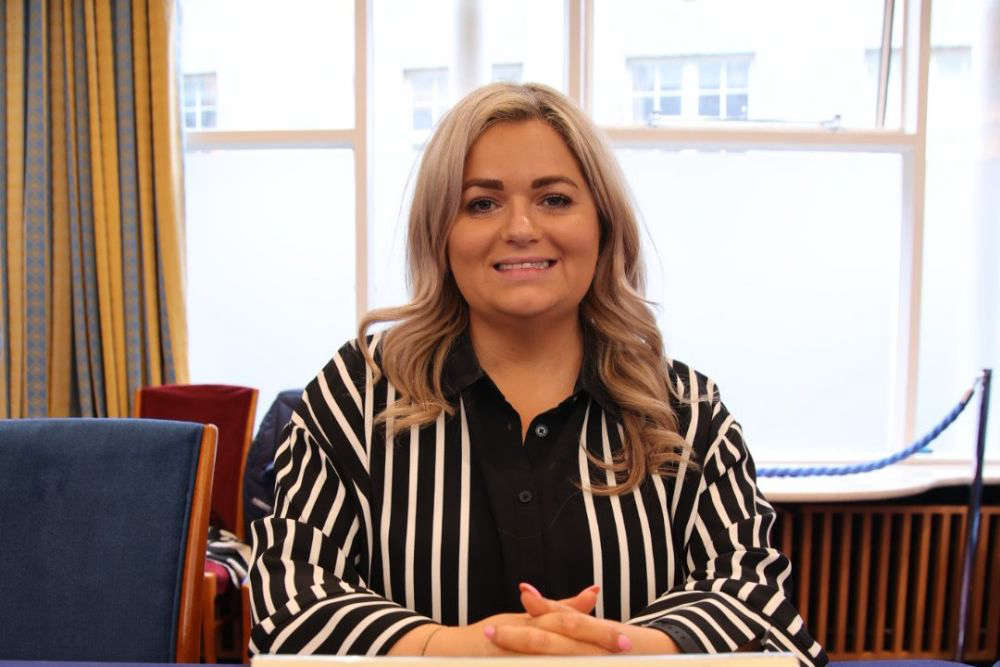 Laois Senator Holding Endometriosis Awareness Event
Laois Senator Holding Endometriosis Awareness Event
 Mother Of Stillborn Baby Campaigning To Encourage Women To Advocate For Their Own Bodies
Mother Of Stillborn Baby Campaigning To Encourage Women To Advocate For Their Own Bodies
 Electric Picnic Introduce Campsite Pre-Booking Options
Electric Picnic Introduce Campsite Pre-Booking Options
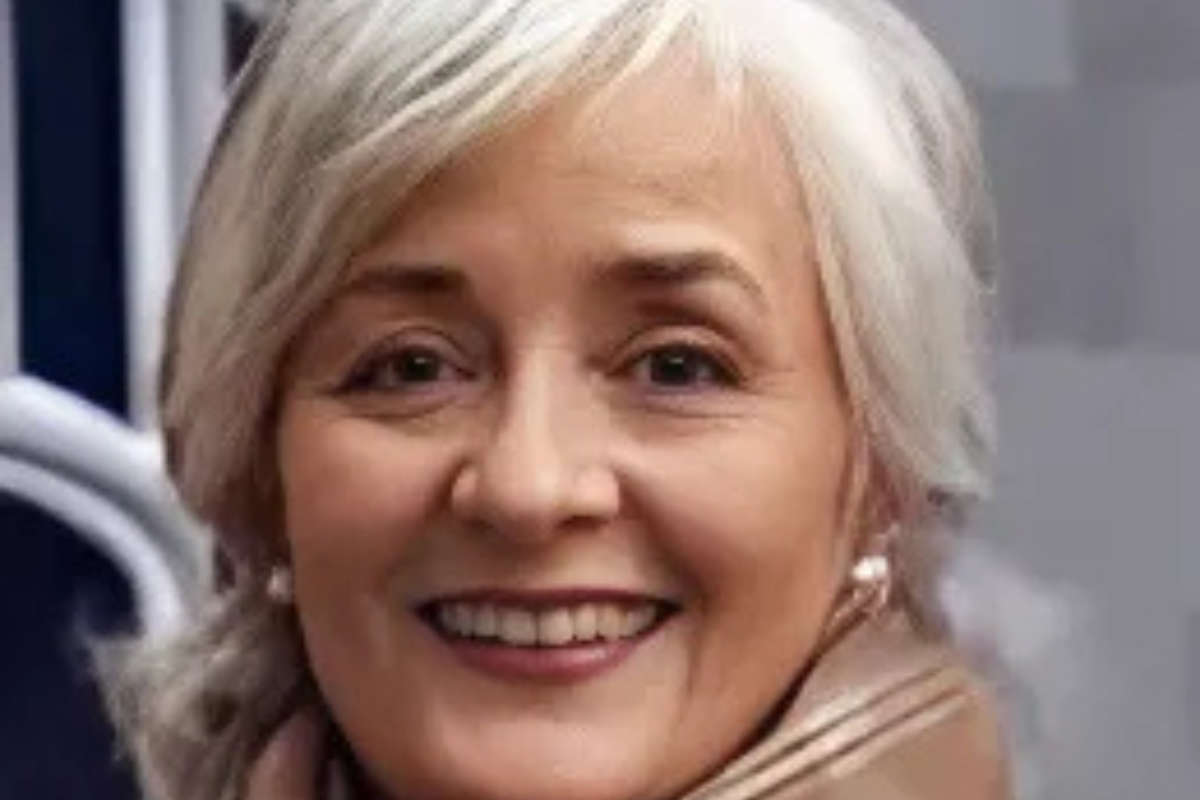 Funeral Of Westmeath Woman Who Died Following Cork Crash Taking Place Today
Funeral Of Westmeath Woman Who Died Following Cork Crash Taking Place Today
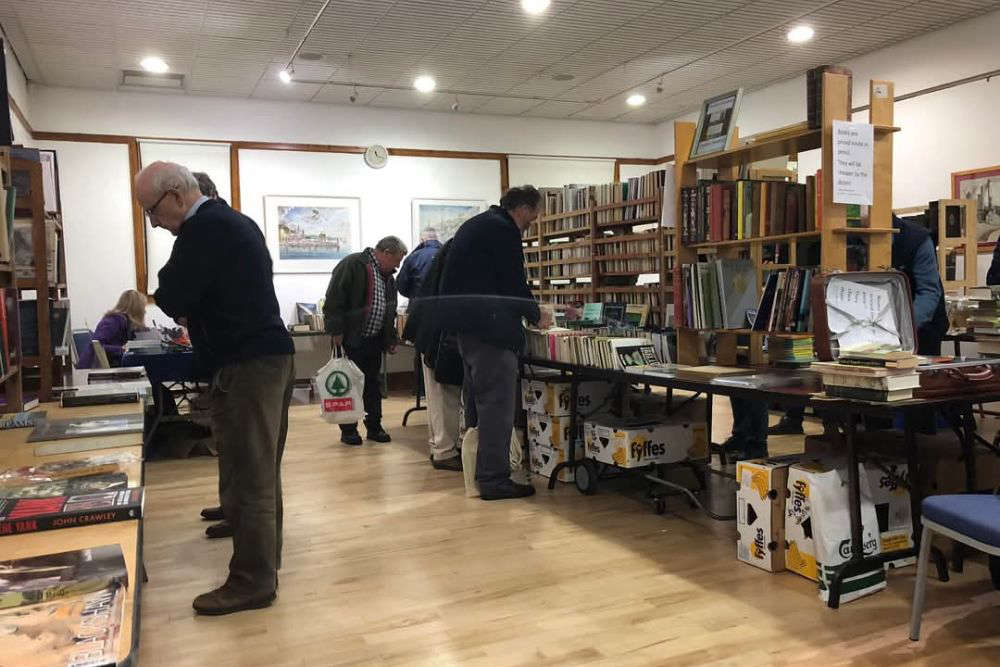 Rare And Antique Books Headline Offaly Bookfair
Rare And Antique Books Headline Offaly Bookfair
 Westmeath Town Lined Up For Substantial Water Network Upgrade
Westmeath Town Lined Up For Substantial Water Network Upgrade
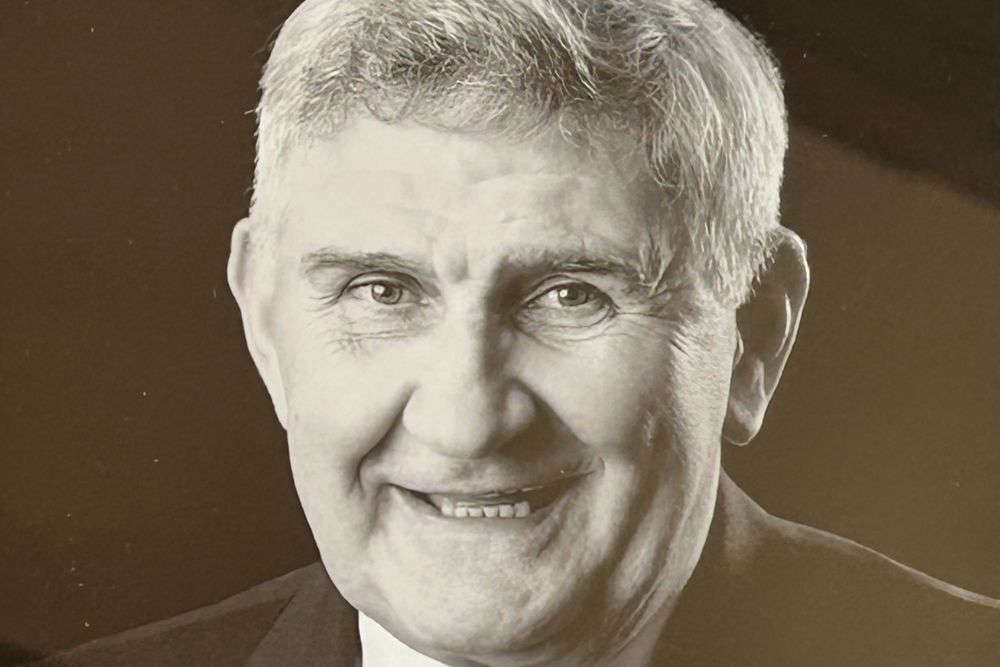 Funeral Of Former Laois GAA Manager Mick O'Dwyer To Take Place Tomorrow
Funeral Of Former Laois GAA Manager Mick O'Dwyer To Take Place Tomorrow
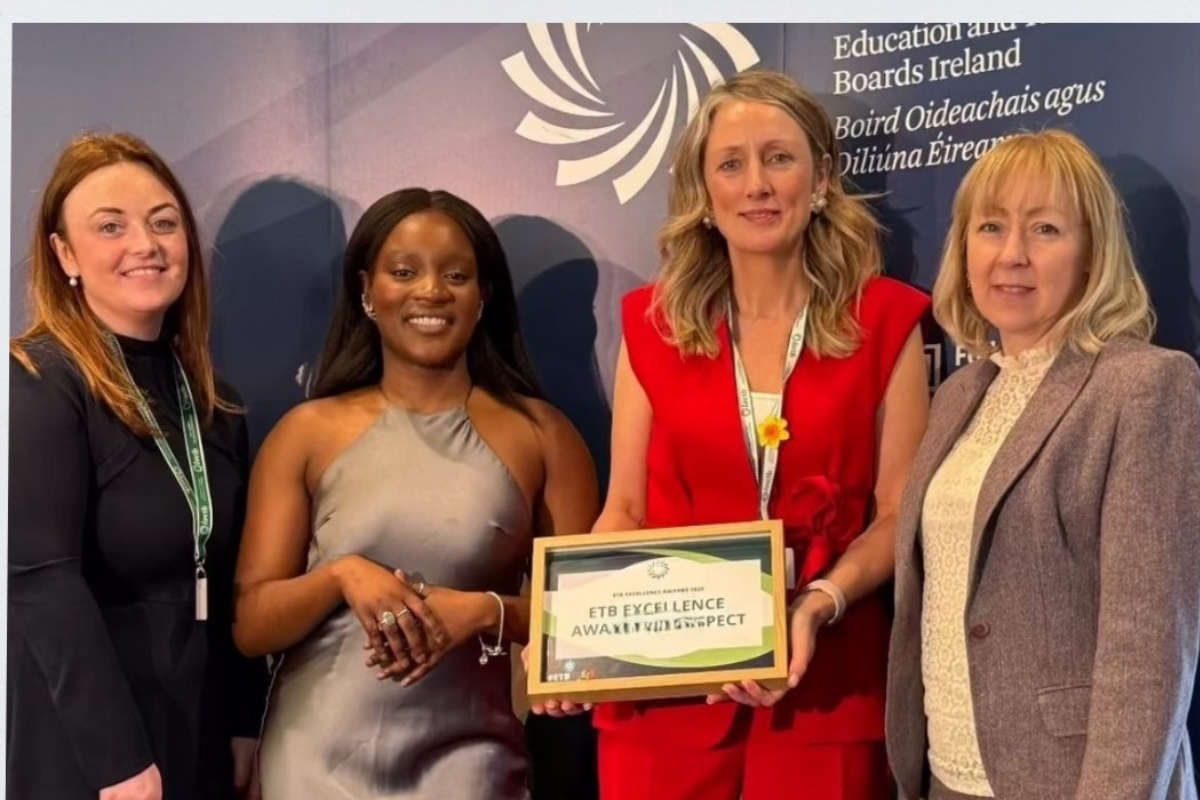 LOETB Recognised In National Excellence Awards
LOETB Recognised In National Excellence Awards
 Laois TD Proposes Regulations For Wind Farm Developments
Laois TD Proposes Regulations For Wind Farm Developments
 Mental Health Charity Wants Social Media Giants Support For New Catfishing Law
Mental Health Charity Wants Social Media Giants Support For New Catfishing Law
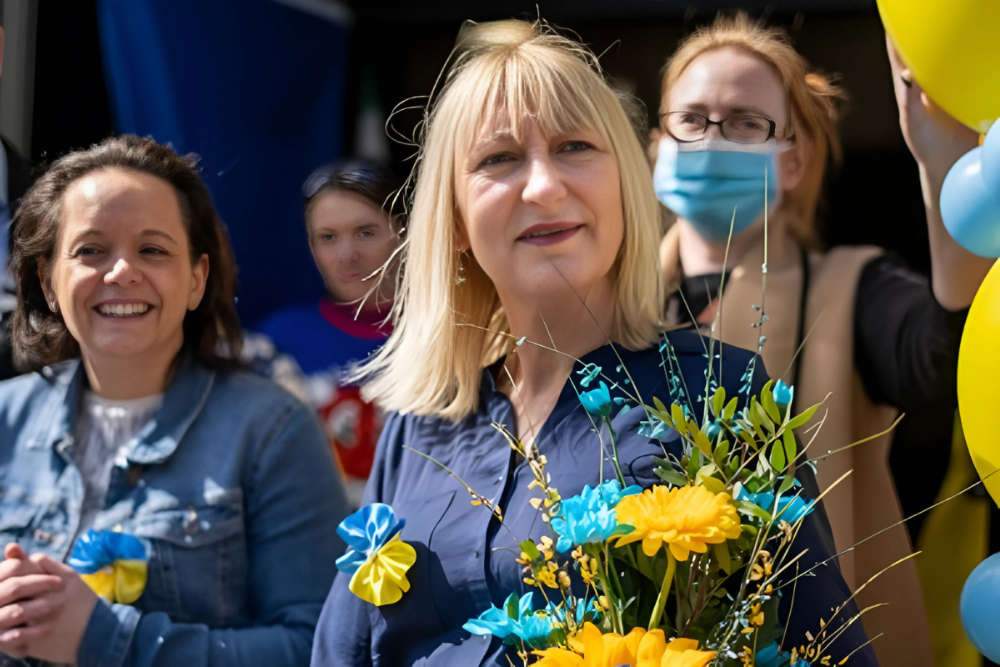 Laois Integration Network Set To Appoint New Chair
Laois Integration Network Set To Appoint New Chair
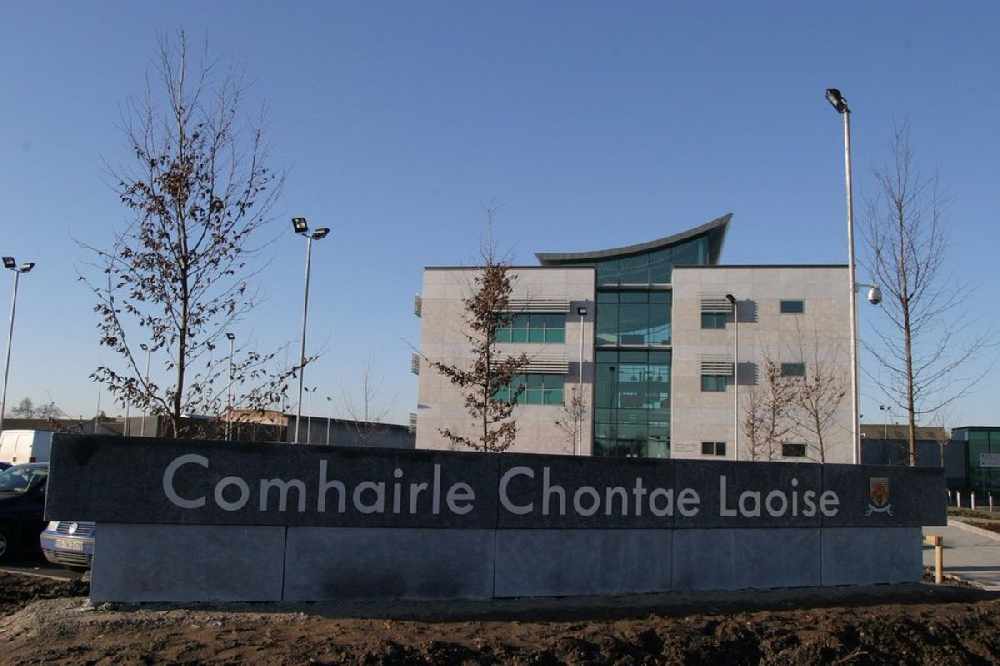 Laois Still Waiting On Joint Policing Commission Replacement
Laois Still Waiting On Joint Policing Commission Replacement
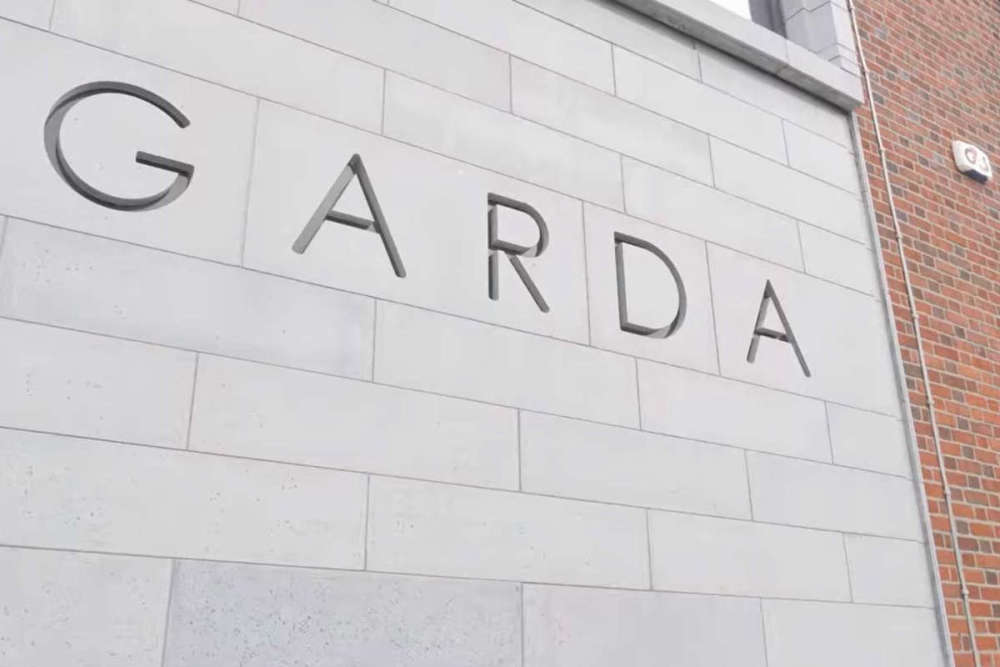 Man Charged Over Westmeath Assaults
Man Charged Over Westmeath Assaults
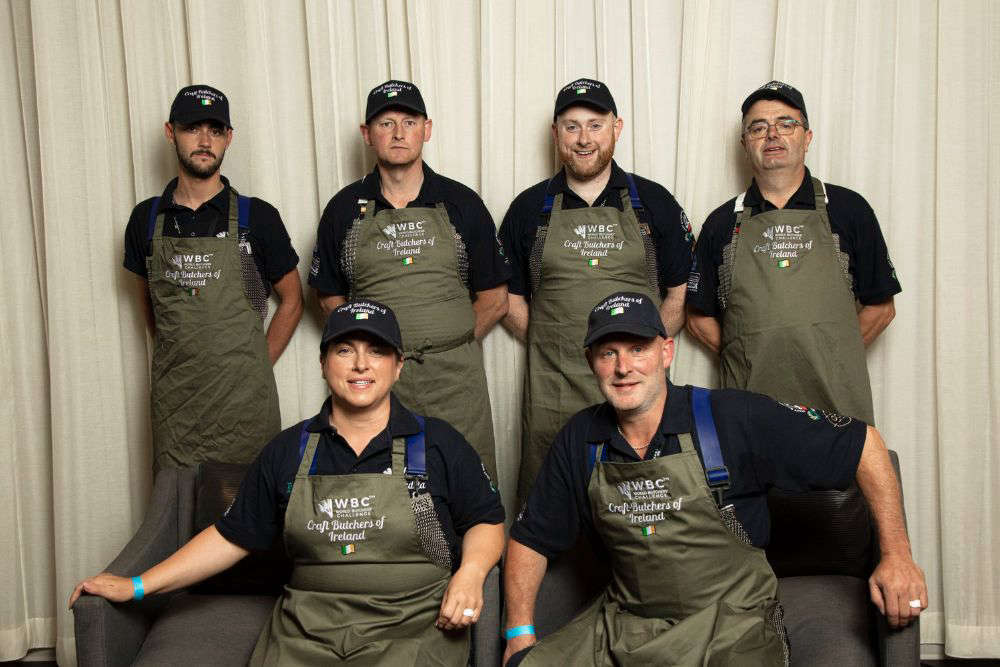 Laois Butcher Takes Home Best Chicken Prize At 'Butchers Olympics'
Laois Butcher Takes Home Best Chicken Prize At 'Butchers Olympics'
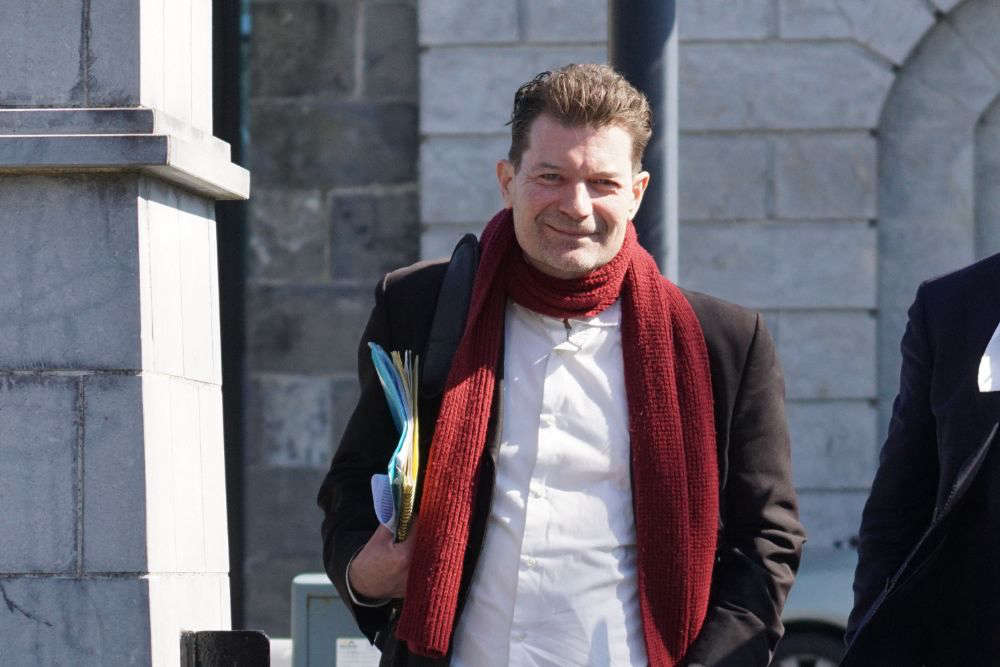 Court Hears Dublin Man Accused Westmeath Councillor Of Being Antifa Operative
Court Hears Dublin Man Accused Westmeath Councillor Of Being Antifa Operative
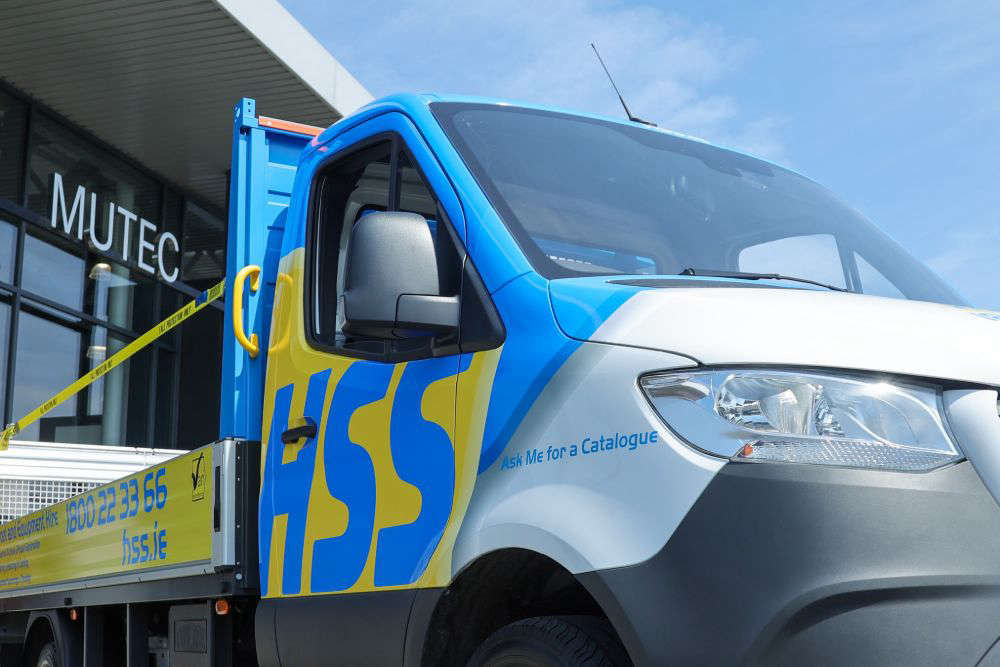 Laois Man Sells Plant & Tool Hire Company For €31m
Laois Man Sells Plant & Tool Hire Company For €31m